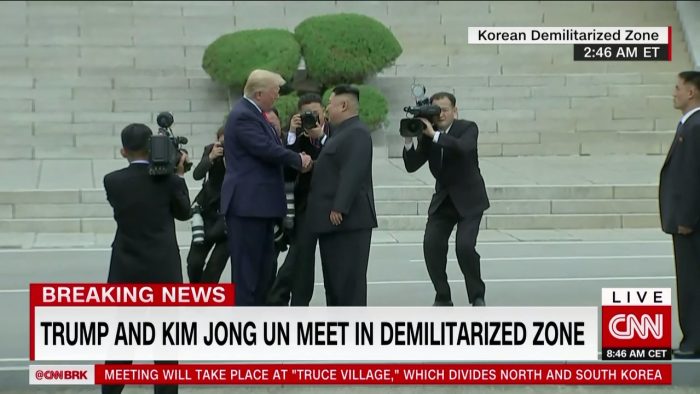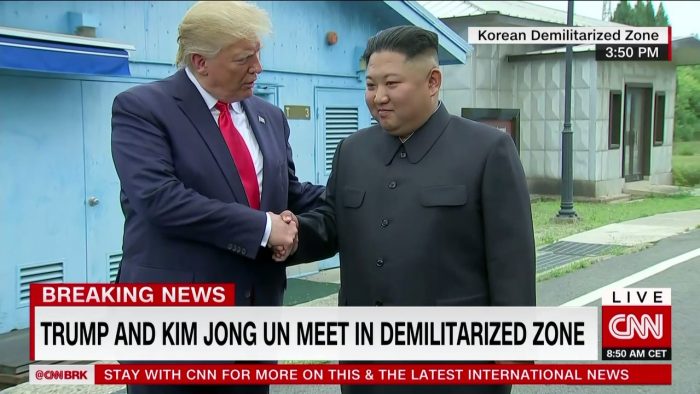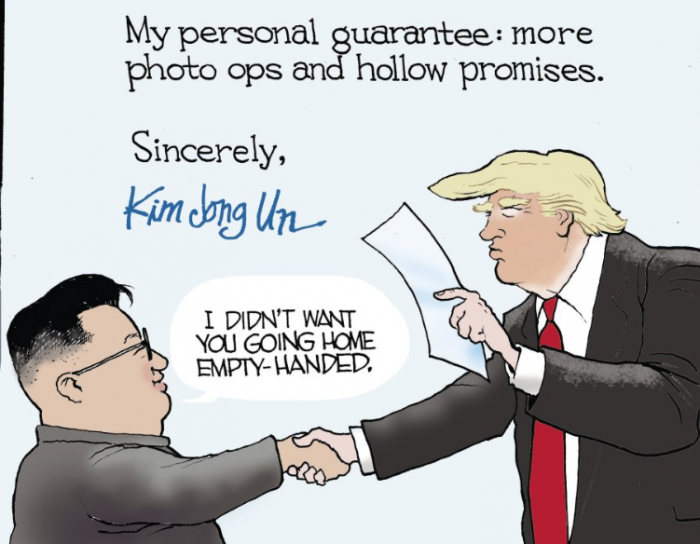Young-jun Park recalls life in North Korea as defined by deprivation. Food
shortages that wrought starvation. The lack of health care that brought more
death. Park and his family eventually found their way to Seoul. In the ensuing
years, he finished high school and graduated college, and he now works at a
nonprofit funded by the South Korean government that assists North Korean
refugees. “North Koreans are struggling so much,” Park says.
Reports from Human Rights Watch and the U.N. show that little progress on human rights has occurred in North Korea since Mr. Park fled in 2009, or in the five years since a U.N. investigation found that its government had committed “a wide array of crimes against humanity.”
The state-imposed violations include forced labor for adults and students,
torture and execution of political prisoners, and pervasive abuse of women,
children, and people with disabilities. Civil liberties enshrined in the
country’s constitution – freedom of speech, religion, and the press – remain a
mirage.
The funneling of state resources into weapons programs, coupled with a poor harvest season and the impact of international sanctions, has created a food crisis for some 10 million North Koreans, 40% of the population. Human rights advocates warn of a recurrence of the mid-1990s famine that killed as many as 3 million people if conditions fail to improve.
North Korea has enlisted China’s help to stop the flow of refugees – the
Chinese government sends back defectors as a matter of policy – and those
arrested face punishment ranging from indefinite prison terms to the death
penalty. Even so, desperate to find freedom, thousands attempt to flee every
year.
“They know there’s no future in North Korea,” says Gyoung-bin Ko, president of the Hana Foundation. “They want to give a better life to their children.” Read more



